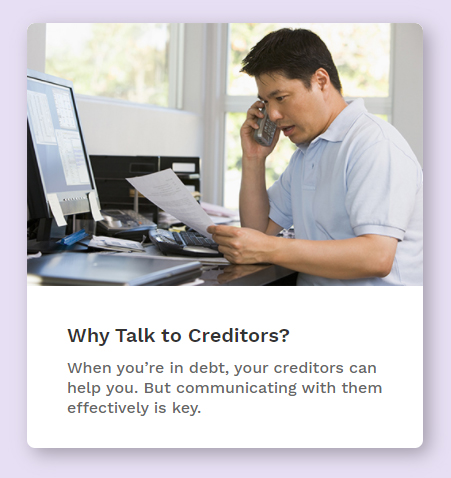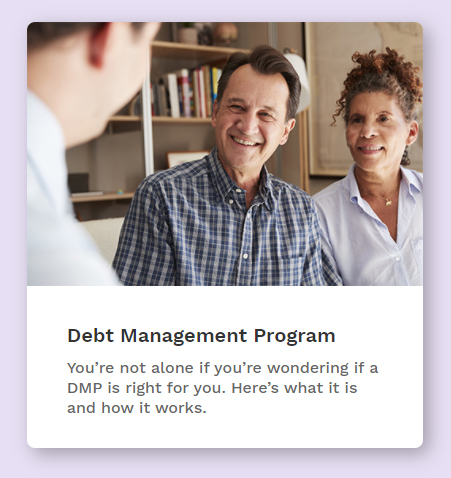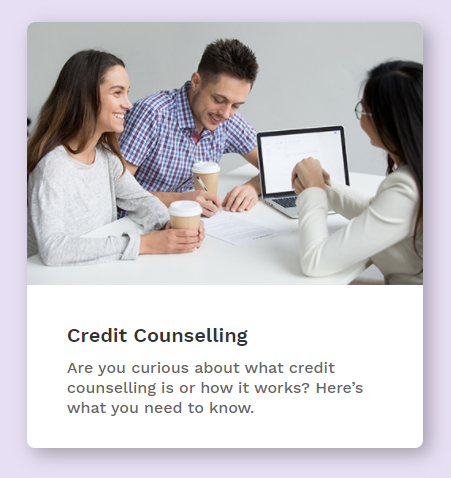Should I Pay Off Debt or Save? Make the Right Choice
By Jordan Evans
Now that the holidays have come and gone and many of us are attempting to deal with our holiday spending-induced credit card debt, we may be asking ourselves the same question: should I pay off debt or save?
Getting out of debt is a common New Year’s resolution, but resolving to save money for retirement or emergencies is just as common. Deciding whether to pay debt or save – or perhaps use a balanced approach – is a situation many people find themselves in.
Although there isn’t a simple cut and dry answer, here are some points to keep in mind when deciding whether you should be paying off debt or saving money.
Reasons to Pay Off Debt
With some credit card companies charging as much as 30% interest on outstanding balances, and most savings accounts earning about 1% in interest, simple math suggests that your money is better spent if you pay off debt instead of contributing to a saving account. By resolving to pay off debt fast, the sooner you’ll be able to enjoy the mental clarity and financial freedom of being debt free.
Paying High Interest Makes it Hard to Manage Regular Expenses
When you’re making high interest payments each month, or if you’re only making minimum payments, it can feel like you’re spinning your wheels and running short of money for the regular expenses you need to pay each month. It will also feel like you’re going to stay in debt forever – well, maybe not forever, but at least for a very long time.
To figure out how long it will take you to pay off your debts, try using a financial calculator. And to see how topping up your payments can benefit you, use a Canadian credit card debt payment calculator. There is a big difference to overall cost and time between paying the minimum amount that you are required to pay to keep your account in good standing versus making a fixed minimum payment each month.
Paying Off Debt Can Improve Your Credit Score
Paying off debt first can also improve your credit score, which can better your chances of qualifying for a car loan or a mortgage – or maybe a consolidation loan if you’ve got a lot of debt. While having a sizeable savings account with your bank doesn’t factor into your credit score, where credit card and loan balances certainly do, savings is taken into consideration when you apply to borrow money. However, by paying down your debts you’ll improve your credit worthiness, making you eligible for lower rates on loans and mortgages.
The magic numbers when paying down your credit cards are 75% and 50%. Paying each credit card balance down to below 75% of your credit card limit significantly improves your credit score, and paying them down further – to less than 50% of your credit limit – improves your credit score even more.
If you decide that paying off your debts is the best route for you, the best way to get out of debt is to create a personal budget that factors in your income and your expenses, so you’ll be able to live within your means while ensuring your debts are getting paid. Using a budget calculator spreadsheet is a great tool that will teach you not only how to budget, but also how to get out of debt.
Reasons to Save Money
Depending on your financial situation and the interest on both your credit cards and savings account, it could be a better option to make saving money a priority. Not only will you create a financial cushion to offset unexpected emergencies, but you’ll also be instilling good saving and spending habits.
You Need Savings for Emergencies and to Get Out of Debt
Although it makes financial sense to pay off your higher interest rate debt instead of funneling all your money into savings, any short-term gains will be lost if you revert back to credit to cover the cost of emergencies and unplanned expenses.
It’s very important to squirrel away some money and build up an emergency savings fund of about $1,000, to start. If you’re working at paying off your debt, maintaining a $1,000 balance in your bank account enforces good saving and spending habits and forces you to spend – and live – within your means.
Once you’ve paid off your expensive debt – like credit cards – you can then increase your savings to enough money to last you from three to six months. In the event of a sudden illness, a job loss or a divorce, having an emergency fund will help you ride through the storm without having to rely on credit and falling back into debt.
Use a Balanced Approach: Pay Debt and Set Aside Small Savings
Instead of focusing on either eliminating your debt or rebuilding your savings, depending on your financial situation you could consider a balanced approach that would allow you to pay debt while building a small reserve for financial emergencies.
After you’ve created a budget and set your financial priorities, determine whether you have enough savings to get you through a financial emergency, such as an illness or a job loss. Track your expenses for a month so you can get a picture of how much you’ll need for groceries, clothing, entertainment and other fixed and variable costs. If you have enough saved up to cover about three months worth of these costs, you’re in good financial shape and you can focus on how to pay off debt.
If you don’t have enough emergency savings, you can still have the best of both worlds. After accounting for your fixed and personal expenses, you can divide your take-home pay and any extra money you receive, like a tax refund, between saving and paying down your debt. This allows you to repay what owe in a steady, systematic way, while at the same building up a small savings fund. Once you’ve saved up enough in your emergency fund, you can focus on blasting through your debt.
Although it will take a bit longer to pay off your debts and for your savings to grow, in the end you will have achieved both of your financial goals. And, you can always increase your debt payments once you’ve saved up a reasonable nest egg to cover the cost of any emergencies you may encounter.
No matter which route you take, it’s important to evaluate your personal financial goals and decide which is more important. As with all things in life, deciding whether you should pay off debt or save is all about balance.
Get Help With Reaching Your Financial Goals
Whether It’s Paying of Debt or Saving Money
Regardless of whether you’re focusing on paying off debt, saving money, or a balance between the two, a non-profit credit counsellor can give free, confidential help. You can meet with them over the phone or in person, and they don’t obligate you to anything. The counsellor will review your whole situation with you and then suggest options to help you reach your goals. Typically, the earlier you contact a credit counselor, the more options you’ll have.
Last Updated on February 7, 2025







